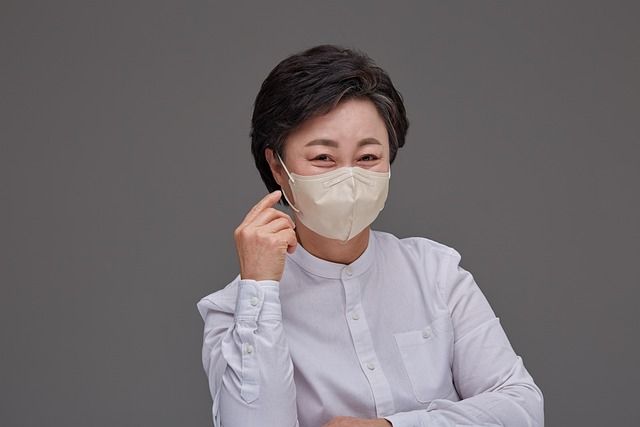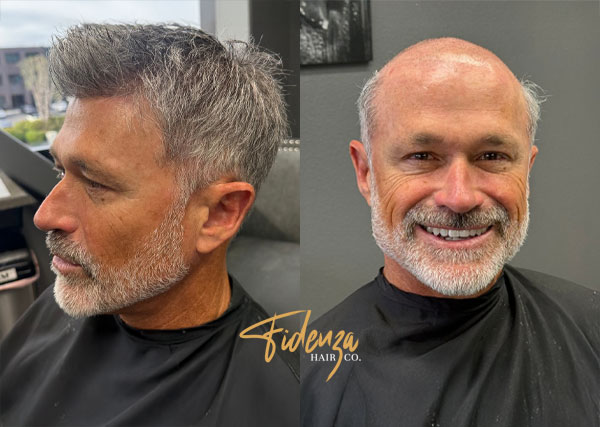Key Takeaways
- A trichologist specializes in diagnosing and treating scalp and hair disorders.
- Common concerns include hair loss, dandruff, and scalp irritation.
- Boston and Providence trichologists offer personalized, science-based care for women.
- Treatments often include scalp therapy, laser stimulation, and nutrition support.
- Mindfulness and emotional resilience are important to healing and long-term success.
- Look for certified professionals with proven experience in female hair loss.
If you have been noticing thinning hair, excessive shedding, or scalp irritation, you are not alone. Many women in the Boston, MA and Providence, RI areas experience hair and scalp issues that go beyond what a traditional salon can address. That is where a trichologist comes in: a specialist dedicated to diagnosing and treating conditions that affect the hair and scalp.
In this article, you will learn what a trichologist does, the treatments they offer, and how finding a qualified trichologist in Boston can help restore your confidence and hair health.
What Is a Trichologist?
A trichologist is a hair and scalp specialist trained to identify and manage conditions such as:
- Hair thinning and shedding
- Female pattern hair loss
- Alopecia (autoimmune or genetic)
- Dandruff and scalp buildup
- Itchy, inflamed, or sensitive scalp
- Stress-related or hormonal hair loss
While trichologists are not medical doctors, they work closely with dermatologists and other healthcare providers to develop holistic treatment plans that address both the symptoms and root causes of hair concerns.
In short, think of a trichologist as the bridge between beauty and medical science for your hair.
Why See a Trichologist in Boston or Providence?
Women in New England face environmental and lifestyle factors that can impact hair health, including hard water, cold winters, stress, hormonal changes, and nutrient deficiencies. Visiting a local trichologist in the Boston or Providence area means getting personalized care that considers your specific hair type, lifestyle, and local environment.
Some women seek out trichologists for cosmetic concerns such as slow hair growth or breakage, while others need targeted help for chronic scalp conditions or hair loss related to stress, postpartum recovery, or menopause.
What Treatments Does a Trichologist Provide?
A reputable Boston trichologist or Providence hair specialist will typically offer a combination of in-clinic and at-home treatments designed to restore scalp balance and stimulate healthy growth. These may include:
1. Scalp Analysis and Diagnostic Imaging
Using magnified scalp imaging, trichologists can identify early signs of inflammation, buildup, or follicular miniaturization, which are key indicators of thinning and shedding.
2. Customized Scalp Treatments
Deep-cleansing and nutrient-rich therapies help remove buildup, rebalance scalp oils, and promote a healthier environment for hair growth.
3. Hair Growth Stimulation Therapies
Depending on your diagnosis, treatments might include low-level laser therapy (LLLT), microneedling, or topical peptide and growth factor serums.
4. Nutritional and Lifestyle Guidance
Because diet, stress, and hormones all affect hair health, trichologists often provide nutritional counseling and stress management recommendations to support long-term results.
5. Collaboration With Dermatologists or Endocrinologists
If your trichologist suspects an underlying medical condition such as thyroid imbalance, PCOS, or iron deficiency, they will refer you for further testing and co-manage your care with a physician.
The Emotional Side of Hair Loss: Mindset and Mindfulness Matter
For many women, hair loss is more than a cosmetic issue; it is an emotional journey that can impact confidence and self-image. It is completely normal to feel overwhelmed, anxious, or frustrated when your hair changes unexpectedly.
An experienced trichologist does not just treat the scalp; they also help support your emotional well-being throughout the process. Cultivating a positive mindset and practicing mindfulness can make a meaningful difference in your recovery.
Simple practices such as deep breathing, guided meditation, journaling, or gentle movement can reduce stress hormones that may contribute to shedding while helping you feel more centered and in control. Approaching your treatment with patience, consistency, and self-compassion often leads to better outcomes both physically and emotionally.
Finding the Right Trichologist in Boston or Providence
When searching for a trichologist in Boston, look for professionals who:
- Hold certifications from recognized organizations such as the International Association of Trichologists (IAT) or The Institute of Trichologists (UK)
- Have experience working with female hair loss and scalp health
- Offer consultations, in-person assessments, and follow-up support
- Use evidence-based treatments backed by clinical research
If you are in Providence, Rhode Island, consider nearby specialists who provide similar services or hybrid telehealth options for ongoing scalp care and follow-up consultations.
What to Expect at Your First Visit
During your first trichology consultation, you can expect:
- A detailed hair and scalp assessment
- Discussion of your medical history, hair routine, and lifestyle
- Scalp imaging and microscopic analysis
- A customized treatment plan designed just for you
Your trichologist will explain what is happening beneath the surface and help you understand the reasons behind your symptoms and how to restore your hair’s natural vitality.
Take Control of Your Hair Health
If you are experiencing hair thinning, scalp issues, or unexplained shedding, do not wait for the problem to get worse. A qualified trichologist in Boston or Providence can provide answers, treatments, and long-term support that go beyond traditional salon care.
Healthy hair starts with a healthy scalp, and a healthy mindset strengthens the journey.
First published on: PK Walsh Hair Solutions for Women







